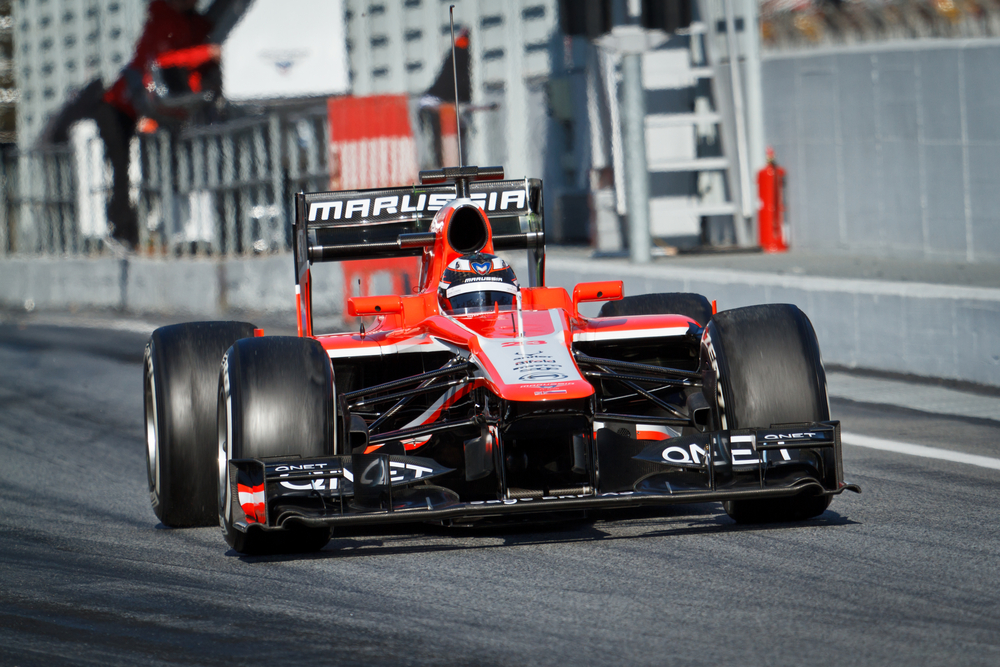Revised post available here.
They say politics stops at the water’s edge. Increasingly, so does the power of the United States to thwart trade secret theft.
As the nation struggles to bolster its defenses against cyberattacks, recent cases have highlighted legal loopholes in prosecuting foreign-based companies and individuals for the theft of trade secrets. Defendants have grown adept at exploiting American procedural rules governing such things as service of process to stall prosecutions indefinitely.
Late last month, a federal grand jury in Wisconsin returned an indictment charging Sinovel Wind Group Co. and two of its executives with stealing trade secrets from American Superconductor Corp. (AMSC). Sinovel is China’s third-biggest maker of wind turbines, and until March 2011, AMSC supplied Sinovel with turbine-control software.
According to the indictment, Sinovel owed AMSC more than $100 million for delivered software, products, and services, and had contracted to buy another $700 million worth. But instead of paying its debts and making good on its orders, Sinovel and two of its executives plotted with a former AMSC employee to steal AMSC’s turbine-control source code and use it in Sinovel’s turbines. READ MORE →









 For many, Fourth of July festivities wouldn’t be complete without a baseball game, a family barbecue, and of course, fireworks. But for one family-operated fireworks company in California, its members had an unhappy reunion in court when a great-grandson’s decision to leave the family business exploded into a dazzling dispute over trade secrets.
For many, Fourth of July festivities wouldn’t be complete without a baseball game, a family barbecue, and of course, fireworks. But for one family-operated fireworks company in California, its members had an unhappy reunion in court when a great-grandson’s decision to leave the family business exploded into a dazzling dispute over trade secrets.


